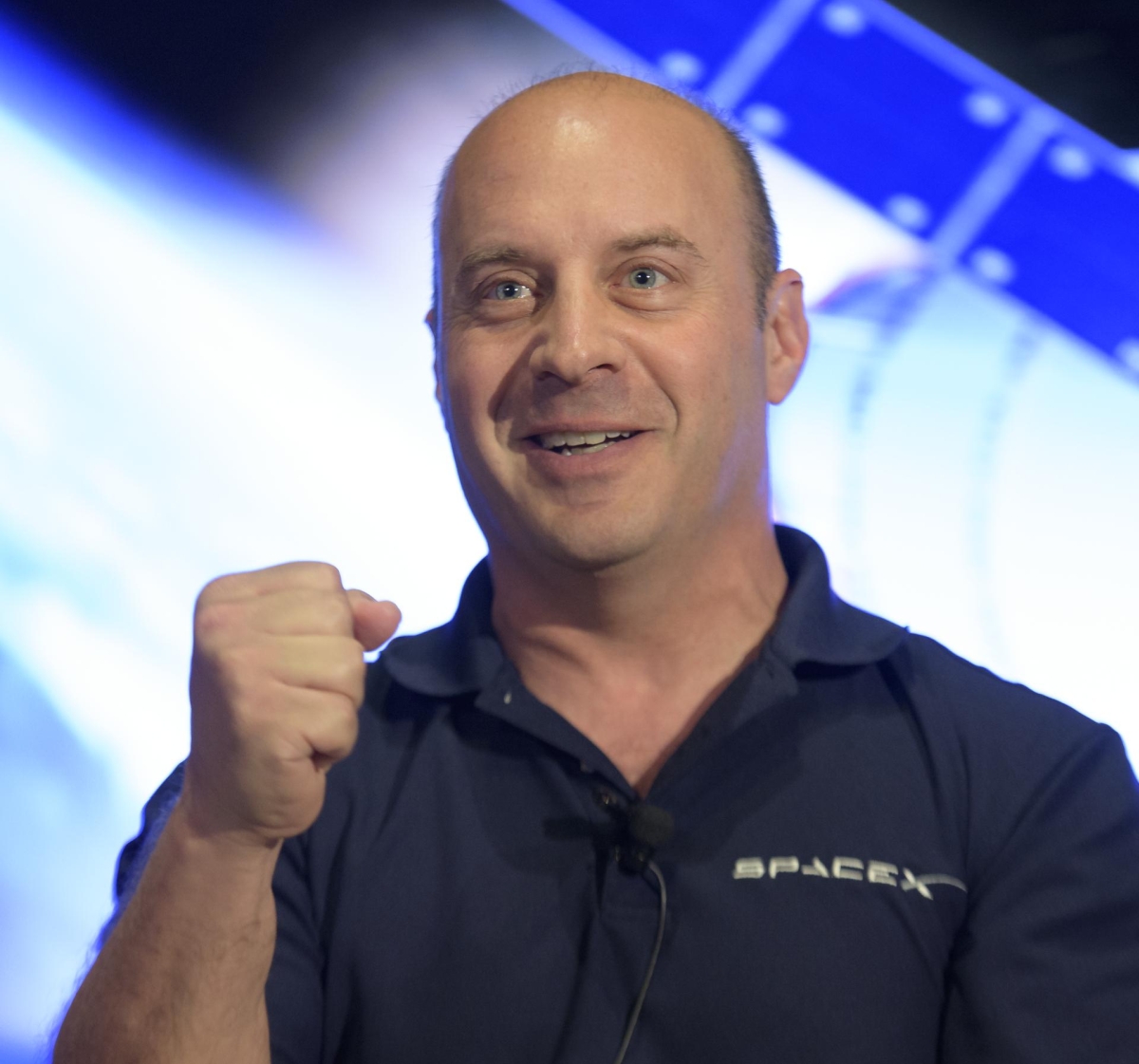After more than seven years, Garrett Reisman will leave his position at SpaceX as director of crew operations. The former astronaut says he will remain as a consultant at the company but could not pass up a job to teach human spaceflight at the nearby University of Southern California. His first day as Professor Reisman was Monday.
In an interview, Reisman said he has relished the experience of working at a dynamic company like SpaceX. “Ive done three spacewalks, so Ive done a lot of exciting things,” he said. But highlights such as the first flight of the Falcon Heavy rocket, or the first landing of a first-stage booster, were equally thrilling experiences. He watched that first landing in December 2015 from the SpaceX headquarters amid a crowd of thousands of employees. “I was in that throng of people jumping up and down,” he said.
Are you crazy?
Since leaving NASA in 2011, Reisman has played a senior role in the development of SpaceXs Dragon 2 spacecraft, which will carry humans to the International Space Station in a year or so. Having both lived on the space station, and then later visited on space shuttle Atlantis to assist with its final construction, he provided an astronauts perspective to the company.
Reisman said one of his most important roles was building bridges between two very different entities as SpaceX worked with NASA to certify the Dragon 2 spacecraft. “Thats what I came here to do,” he said. “As these two organizations have started working together, it wasnt always easy, and there were challenges of corporate culture,” he said. “But in the end the benefits to each organization from the partnership were immense.”
Of the differences, he noted a dynamism at SpaceX that was infectious, spilling over to NASA. The private sector has a real edge over the government in decision speed and agility, he said. And SpaceX in particular is very good at trying things—and being willing to fail when the consequences are low—and quickly finding a solution. For crew flights, NASA helped SpaceX with the rigor and attention to detail needed to safeguard human lives.

During Reismans tenure at the private company, SpaceX has been competing with Boeing for contract awards in the commercial crew program, along with the prestige of sending the first private spacecraft carrying humans into orbit. One of his NASA astronaut classmates—a group selected in 1998 known as The Penguins—Chris Ferguson, also left the space agency in 2011. The final shuttle commander went to work for Boeing in a similar position of crew vehicle development. Asked if he trash talks Ferguson, Reisman laughed and said, “All the time. Hes a total loser.” In reality, the two have remained friends, Reisman said.
However, he did not hesitate when asked which company will fly humans into space first. “SpaceX,” Reisman said, betraying just a tinge of his New Jersey accent. “Come on, are you crazy?”
Night and day
Reisman said he will spend about one day a week at SpaceX and the remainder of his time devoted to teaching human spaceflight classes at USC, which is located about five miles away from the offices of the Hawthorne-based rocket company.
For students just now coming into spaceflight, these are truly heady days, he said. During his undergraduate years, and later graduate work at the California Institute of Technology in the 1990s, Reisman said there were simply no opportunities to work on crewed spacecraft. In graduate school, he worked on a guidance, navigation, and control system for a satellite.
Now, there are the two commercial crew vehicles under development by SpaceX and Boeing, NASA is building Orion, and Blue Origin has a suborbital launch system and eventual plans for an orbital vehicle. And these are just companies in the United States. Companies need engineers who understand how to design spacecraft for humans to fly. ”Its night and day,” he said. “And its one of the things that really makes me very excited to go off to USC.”
Mars
One question Reisman is sure to get from his students is whether humans really are going to Mars. He has a ready answer: Yes. The Red Planet remains humanitys destiny, he said, because it represents the next great frontier for human exploration.
Based upon the progress hes seen at SpaceX, NASA, and other places doing innovative things, its only a matter of time. “We are definitely going there,” he said. “Its just a question of when, and what exactly it looks like when we do. Its what were all striving for.”
After seven years at SpaceX, he also shares some of founder Elon Musks existential concern for the future of humans. We will get there, Reisman said, if our society can hold together long enough to make it happen. “If we dont end up destroying ourselves, were going to end up living on Mars,” he said.
The newest professor of spaceflight at USC will certainly seek to impart some of that urgency upon his students.
[contf] [contfnew] 
Ars Technica
[contfnewc] [contfnewc]







